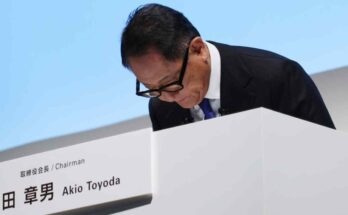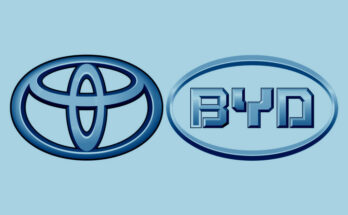Recently Indus Motor Company (IMC) aka Toyota Pakistan signed an agreement with Toyota Eqypt to export “top-notch” car parts, as mentioned in the press release. According to the company its first shipment of semi-processed raw materials to Toyota Egypt, represent a critical turning point for OEMs in Pakistan’s export environment.
Related: Toyota Pakistan Begins Exporting Auto Parts to Egypt
Chief Executive Ali Asghar Jamali expressed his delight in witnessing the “Make in Pakistan” dream transcend borders during a ceremony conducted at the IMC factory in Port Qasim. IMC’s dedication to putting Pakistan on the map and boosting its economy is confirmed by joining Toyota’s global supply chain, he claimed. Jamali emphasized that the partnership with Toyota Egypt is just the start of IMC’s efforts to expand its capabilities and establish Pakistan’s auto sector as a benchmark for dependability and quality around the world.
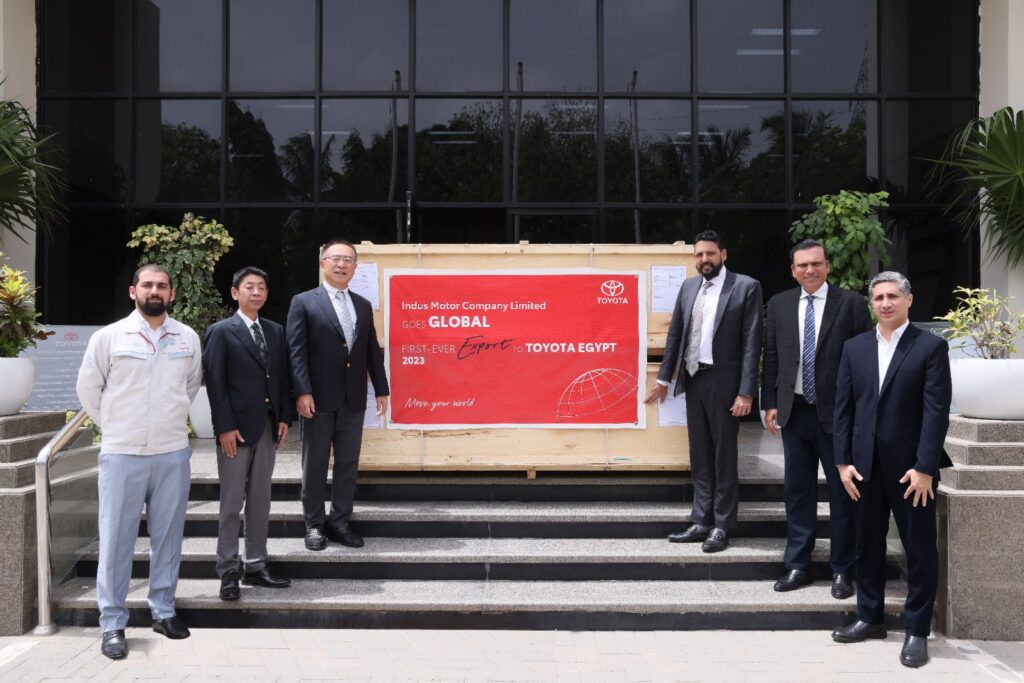
Interestingly, as revealed by renowned journalist & economist Ali Khizer, it has since come to light that the “top-notch” auto parts—which were referred to as “semi-processed raw material”—were actually “car carpets” made for the Toyota Fortuner and not produced by IMC in the first place.
Indus Motors has sent its first export shipment of semi processed raw material (car carpet) of Fortuner to Toyota Egypt. These are baby steps. The company is thinking to add more products for exporting.
— Ali khizar (@AliKhizar) July 13, 2023
In fact, Procon Engineering, a local vendor and part manufacturer, produced these carpets. Procon Engineering is a subsidiary of Master Motor Company, the parent company of Changan Pakistan. Procon is a well-known name in the local auto industry that supplies parts such as automotive fabrics, headliners & seats, wiring harnesses, sheet metal parts, chassis frames, and even tooling, dies, and jigs to various 4- and 2-wheel assemblers including Toyota, Honda, Suzuki, Nissan, Kia, Hyundai, Yamaha as well as Changan.
Related: Pakistan’s First Vehicle Exported by Master Changan
This makes it unclear what Toyota’s actual role in this arrangement is. IMC was mocked for producing goods of “questionable quality,” and Toyota was criticized for doing little to progress the economy or the car industry by exporting a part from a third party (which indeed is not a high-quality or sophisticatedly engineered car part) and best of all, taking full credit for it.
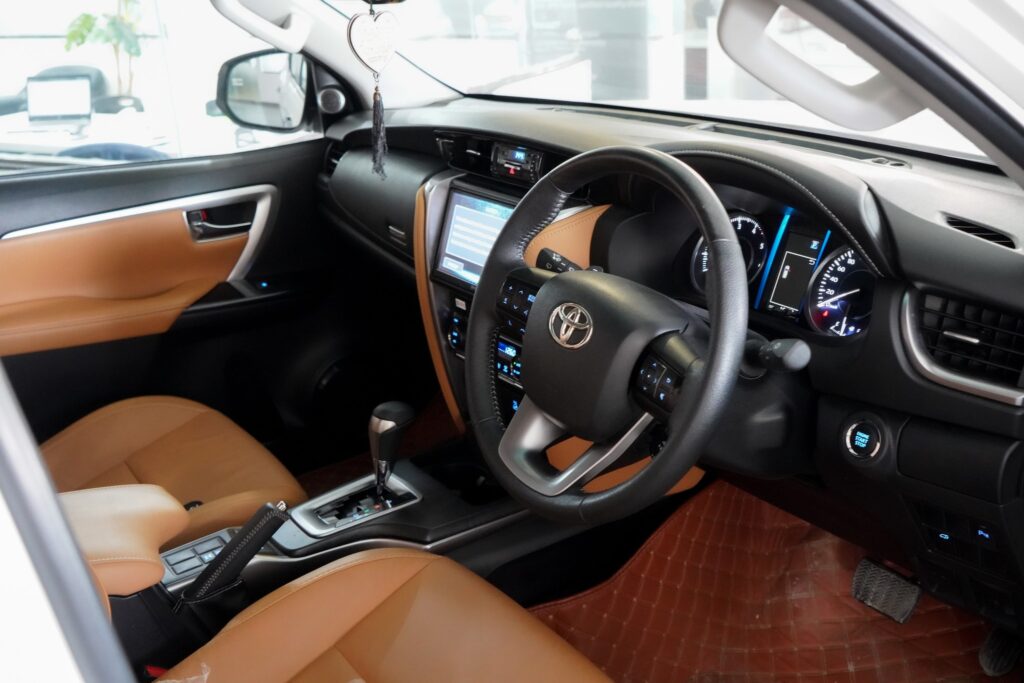
Technically speaking, Toyota can claim credit for this arrangement since, according to their agreement with Procon, any products created for a Toyota vehicle are deemed Toyota’s property and are permitted to be marketed or exported under the Toyota brand. But claiming it a significant milestone doesn’t seem to be justified. Toyota has, to its credit, labeled it a “baby step”. However, it also calls into doubt the company’s progress in Pakistan over the previous three decades considering how much profit IMC has been generating during all these years.
Related: 11th Gen Toyota Corolla Enters 10th Year of Production in Pakistan
Local assemblers frequently object when people refer to them as “assemblers” rather than “automakers”. However, despite spending decades and generating billions of revenue through Pakistan, these so-called automakers haven’t yet fully optimized their value chains or produced any value-added automotive parts unlike in countries like India, Indonesia, Thailand, and others.
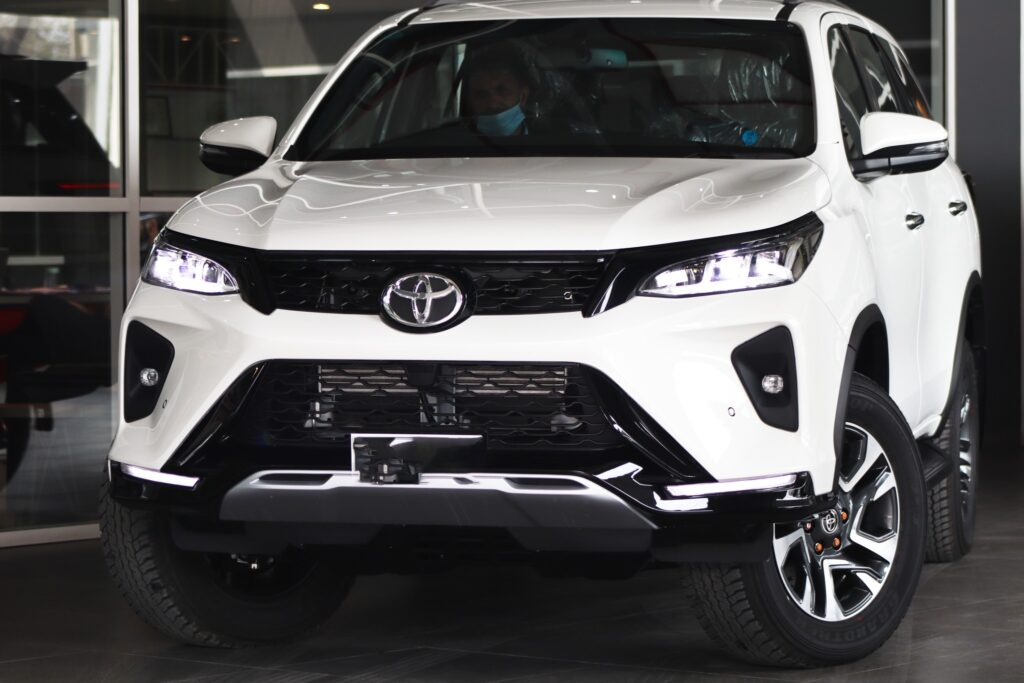
How much revenue the company or the country will generate from exporting Fortuner carpets to Egypt remains unknown. But one thing is for sure, the import-hungry business models of Pakistani assemblers have become a burden on the country’s foreign exchange reserves, further draining the national economy instead of adding any value to it.

I don’t eat, sleep or dream of cars, I am just someone who loves to see, think & write about cars. I love Ferrari in Pink but they won’t make one for me. I use X to write my full name, but that doesn’t mean I’m inspired by Altis X, in fact, my dad hates it 😀 Btw I’m an occasional writer so don’t expect too much from me 🙂

